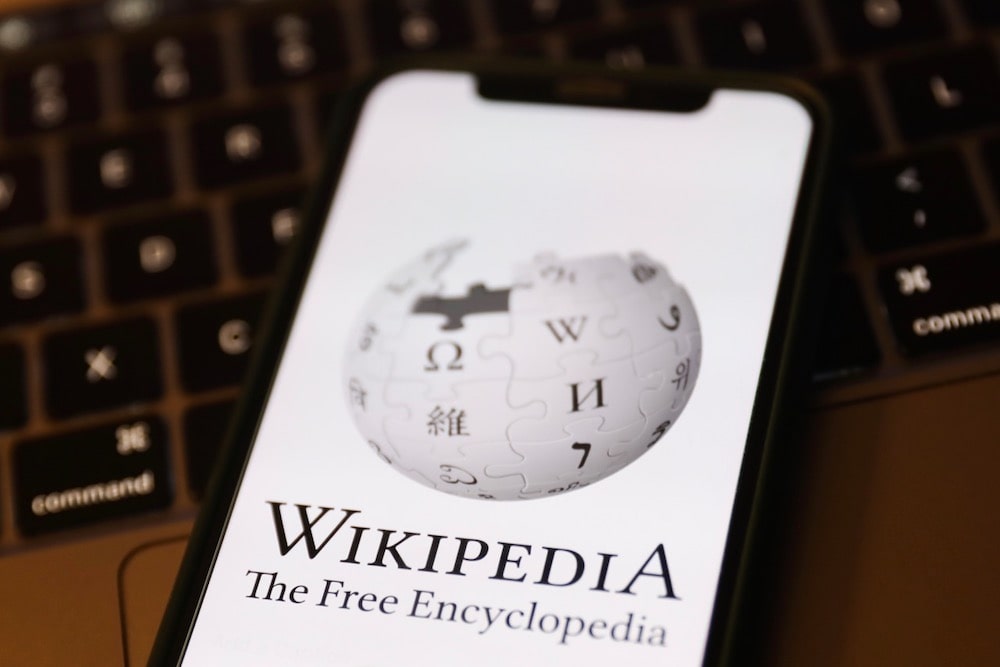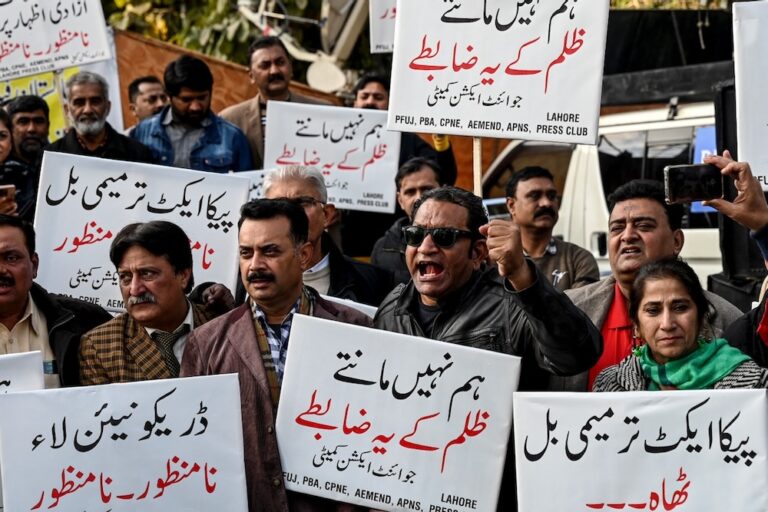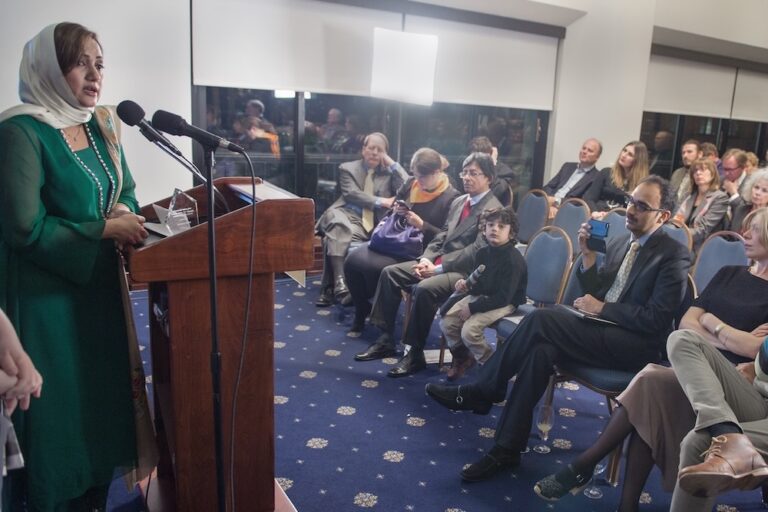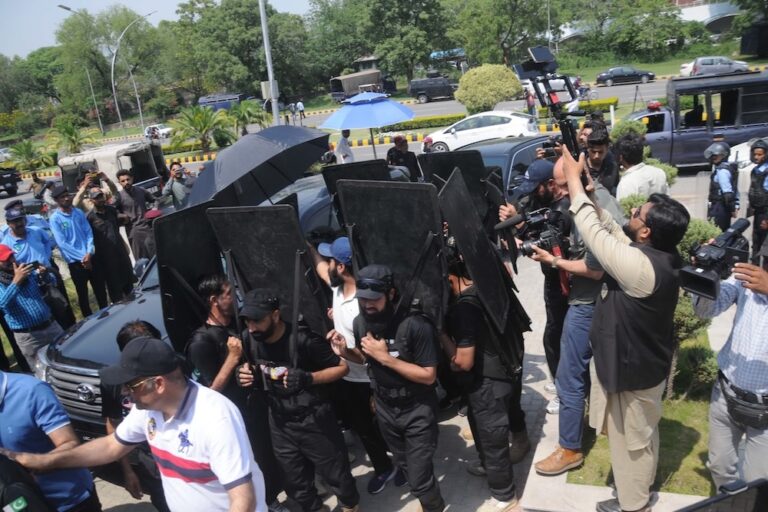UPDATE: The Pakistan Telecommunication Authority restored Wikipedia services in the country on Monday after Prime Minister Shehbaz Sharif ordered the ban on the online encyclopedia be lifted "immediately".
This statement was originally published on digitalrightsmonitor.pk on 6 February 2023.
Civil society, tech organisations and academic institutions have signed a joint statement condemning the blocking of Wikipedia by the Pakistan Telecommunication Authority (PTA). Wikipedia was banned in the country on February 3 after the platform apparently failed to remove content that had been labelled “sacrilegious” by the telecom regulator.
The statement has been signed by 72 organisations from civil society and the business community, 15 representatives from universities, and 24 citizen stakeholders from across Pakistan. It terms the ban on Wikipedia a violation of Article 19 of the Constitution, and expresses concern regarding the implications of the PTA’s extreme measure on students and information workers.
Media Matters for Democracy (MMfD), which runs Digital Rights Monitor (DRM), is one of the leading signatories to the statement.
The statement, which calls for the restoration of Wikipedia, highlights the severity and arbitrary nature of the ban by reiterating the pending status of Removal and Blocking of Unlawful Online Content (Procedure, Oversight and Safeguards) Rules, 2021, commonly referred to as “Social Media Rules”, which were sent to the Parliament for review by the Islamabad High Court (IHC) in May 2022. Despite there not being significant development, both PTA and the Federal Investigation Agency (FIA) continue to take regressive measures under the controversial regulations, along with Section 37 (unlawful online content) of the Prevention of Electronic Crimes Act, 2016, also known as PECA. The laws have frequently been misused against journalists, TV channels and online platforms.
“It is expected that the ban on Wikipedia will severely impact the ability of Pakistani freelancers and businesses to provide globally competitive services and earn precious foreign exchange for the country,” the statement reads.
Earlier, the Wikimedia Foundation, the nonprofit group that runs Wikipedia, said the crowd-sourced encyclopedia receives more than 50 million page views a month from Pakistan alone. The stunning number highlights the popularity of Wikipedia as a preferred source of information by a large number of internet users in the country and illustrates the adverse impacts its ban could demonstrate on Pakistani audiences.
On February 1, the PTA announced that Wikipedia services had been “degraded” in Pakistan for “not removing/blocking sacrilegious content”. A 48-hour deadline was issued to the encyclopedia with the regulator threatening to block the platform completely in case of “non-compliance”. The PTA claimed that Wikipedia had been given “an opportunity of hearing”, but it neither took down the reported content nor appeared before the regulator.
“Students and professionals from across the country can attest to the positive role the platform has had on their work, facilitating education and knowledge-sharing, particularly for people who do not have alternative enabling resources to purchase books and access websites behind paywalls,” the statement adds. “This ban will disproportionately impact the most marginalized among us, creating a monopoly of knowledge for the elite and cause an unjust exclusion from co-creation of information and knowledge in various fields of human endeavours in thought, invention and discovery.”
The statement has called for the restoration of Wikipedia services raising the hashtag #SaveWikipedia and for legal action against state authorities for continuing to misuse laws while they are under review.



